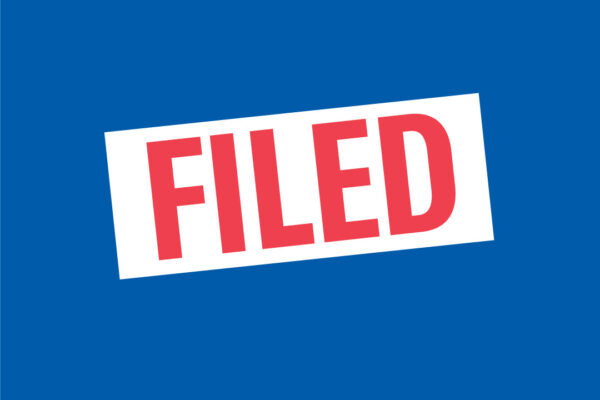Following a year of high-profile police killings of Black people and ensuing historic protests against racism and police brutality, a disturbing number of schools are suppressing the First Amendment rights of students speaking out against racial injustice.
Some schools have removed student posters supporting the Black Lives Matter movement and honoring the lives of George Floyd and Breonna Taylor, despite being placed in areas designated for public messages.
In Oklahoma, two brothers were pulled from their elementary schools for wearing t-shirts that read “Black Lives Matter”– a harmless, nonthreatening ubiquitous rallying cry for systemic change.
Here in Indiana, we have filed two separate lawsuits since November on behalf of students who were unconstitutionally punished for speaking out against racism.
The first case involved a Black student at Manchester Jr-Sr High School being forced to leave school for refusing to remove a t-shirt that read, “I HOPE I DON’T GET KILLED FOR BEING BLACK TODAY.”
The second case involved a white student being suspended from Monroe Central Jr.-Sr. High School for posting a video on TikTok calling out racist slurs made by her classmates. The actions of the school in this case are distinctly inadmissible because the student posted the video on her own time, using her own electronic device, and off of school grounds.
Both of these egregious accounts of overreach by school officials present clear infringements of the First Amendment.
Black students are suspended from school at three times the rate of white students and are also more likely to attend schools with in-school police officers. When racism is institutionalized in schools in this manner, it unfortunately, comes as no surprise when schools reprimand students for speaking out against racial injustice.
In addition to removing officers from schools and dismantling the school-to-prison pipeline, public school students’ First Amendment right to speak out against causes they believe are unjust, must be protected.
In 1969, a group of Iowa students were suspended for wearing black armbands to school in protest of the Vietnam War. The ACLU filed suit against the school and the Supreme Court ultimately sided with the students in the landmark Tinker v. Des Moines case. The historic decision upheld public school students’ First Amendment protections and affirmed that students do not “shed their constitutional rights to freedom of speech or expression at the schoolhouse gate.”
But this has not deterred school officials in Indiana and across the country from punishing students for speaking out against racism and police brutality.
While the Supreme Court conceded that school officials can censor student speech they deem disruptive to the educational process, calling out racial injustice in no way inhibits the ability of students to obtain a quality education. Furthermore, school officials deeming a student’s expression as controversial or “in bad taste” is not enough to qualify as disruptive.
Students have been at the fore-front of some of the Nation's most consequential protest movements. Protecting the rights of public school students is crucial to promoting free speech and advocating for racial justice. The ACLU of Indiana remains committed to ensuring students – especially those under the age of 18 who lack many legal protections – enjoy the full freedom of expression prescribed to them by the First Amendment.




